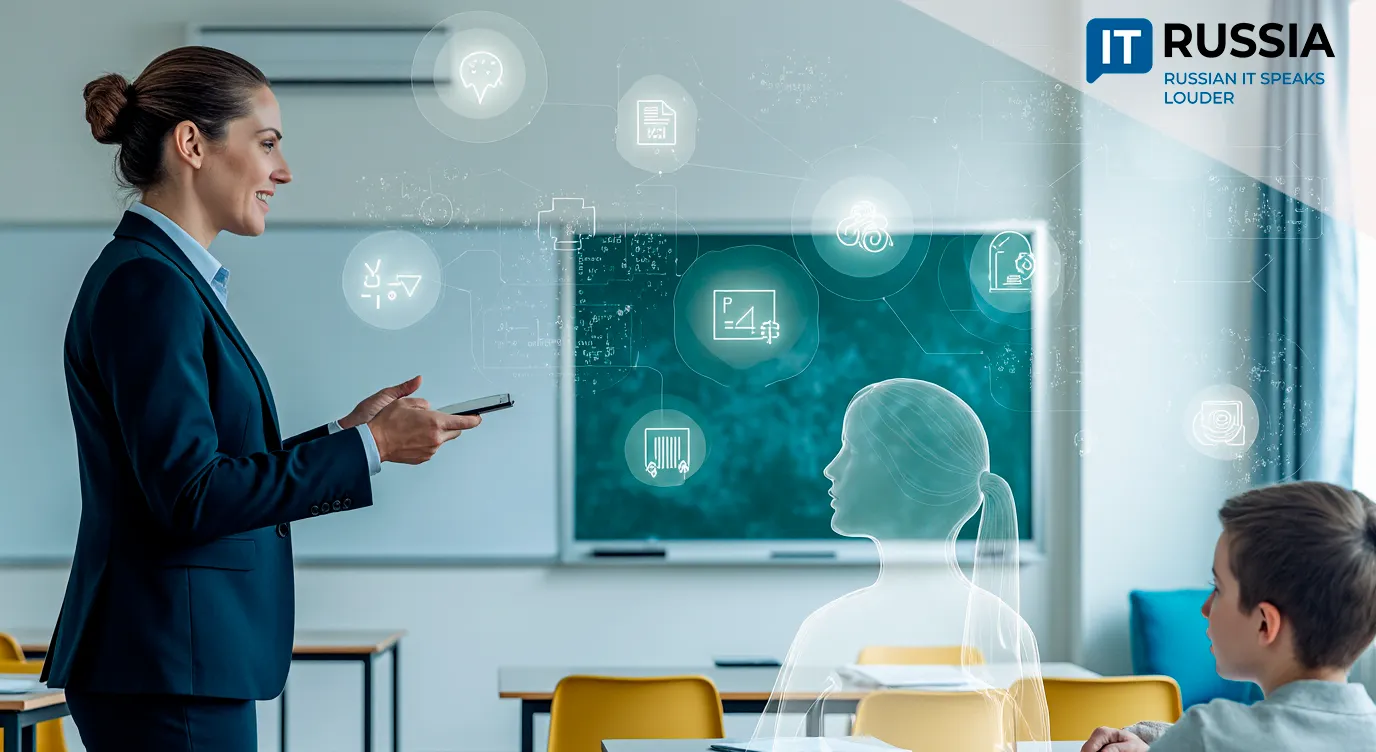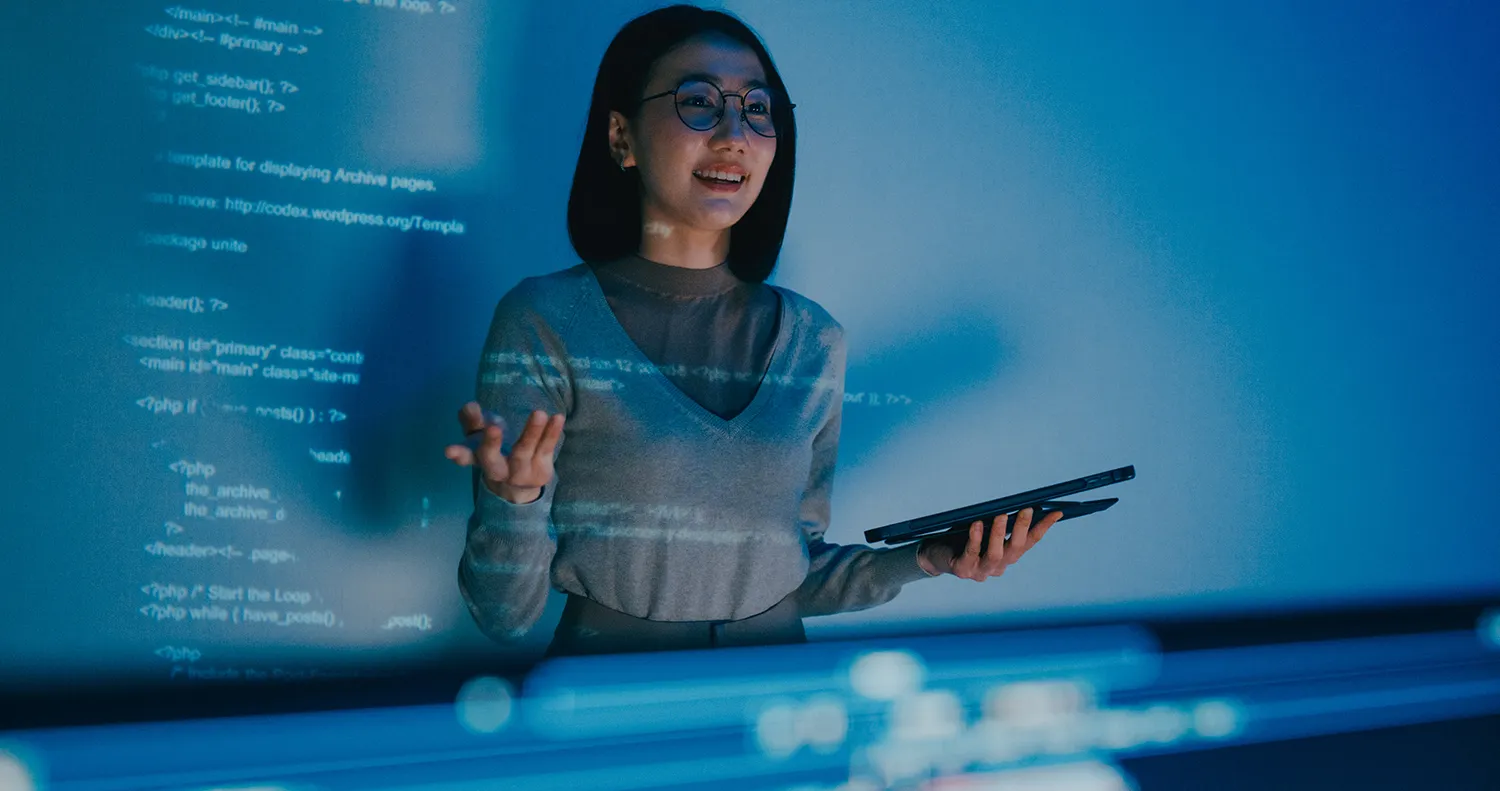Lessons for “Alice”: Real Teachers to Train Russia’s AI Assistant

Russia’s largest tech company, Yandex, has launched a bold initiative that could reshape the country’s education system. Instead of hiring coders, the company is recruiting schoolteachers in literature, history, math, and English. Their mission: to train Yandex’s neural-network-based voice assistant, Alice, into a competent digital tutor for millions of students.
From Answering Questions to Teaching Concepts
Alice has been around for eight years as a consumer voice assistant, but now Yandex is giving her a more serious responsibility—helping students master their school curriculum. To do that, the AI itself first has to “go to class.”

Unlike conventional IT training, this initiative leans heavily on real pedagogical expertise. Teachers, who spend every day explaining difficult concepts, spotting recurring mistakes, and practicing classroom methods, will guide the AI. Their role is to craft reference answers, evaluate the assistant’s responses, and refine how Alice explains material—so that she can teach like a patient, skilled human tutor.
The result will be an assistant that can unpack the causes of historical events, identify metaphors in a poem, explain meter in verse, or suggest techniques for memorizing irregular verbs. Crucially, it will be able to present explanations in multiple ways, adapting to each student’s learning style.
Personalized Help at Scale
The project builds on Yandex’s earlier work in education. In 2021–2022, the company added automated homework checking to Yandex Textbook, marking the first large-scale interaction between Russian schools and AI. Teachers would assign homework, and the system graded responses automatically—tracking time, number of attempts, and progress.
The pandemic-era shift to remote learning further accelerated this digital transformation. Yandex’s move mirrors global edtech trends: Duolingo’s adaptive AI-driven language exercises, Khan Academy’s integration of AI tutors, and BYJU’S use of transformer models to make lessons engaging and personalized. In this context, Russia—with its strong pedagogical traditions—may carve out a unique niche in the hybrid education model that blends human teaching and machine support.

Toward a Universal Digital Tutor
Within the next year or two, Alice—trained directly by classroom teachers—could evolve into a universal tutor for core subjects. Expansion into physics, chemistry, and biology is already on the horizon. With accumulated data and teaching models, Yandex could also build online courses and programs for teacher-training universities, preparing future educators to collaborate with AI.

The model carries export potential as well. A “teacher + AI” approach, grounded in real classroom experience, could resonate internationally, strengthening Russia’s position as an exporter of educational technology. The message is clear: this is not about replacing teachers but about amplifying their knowledge, intuition, and talent, making quality education accessible to every student.










































